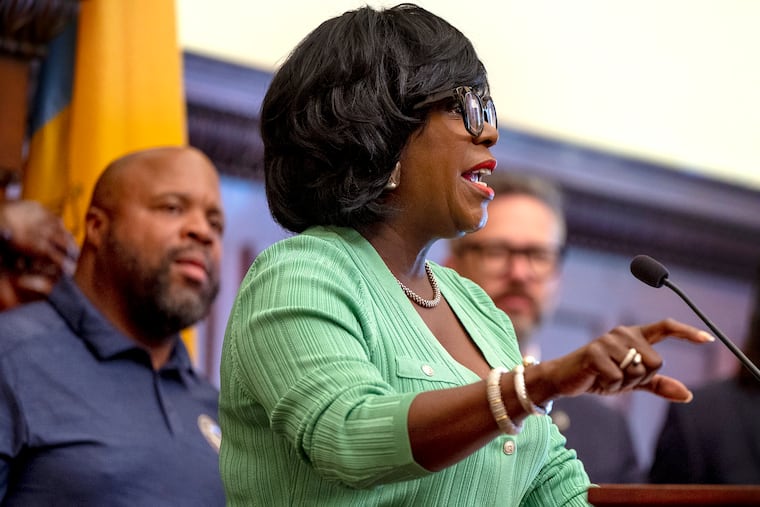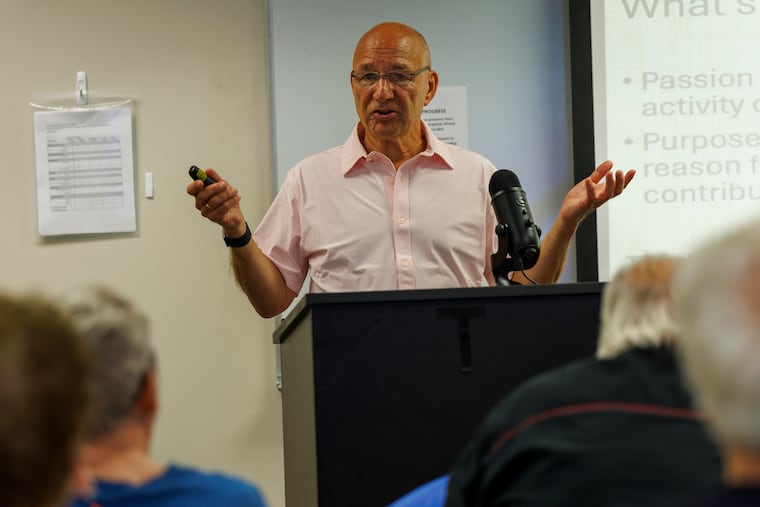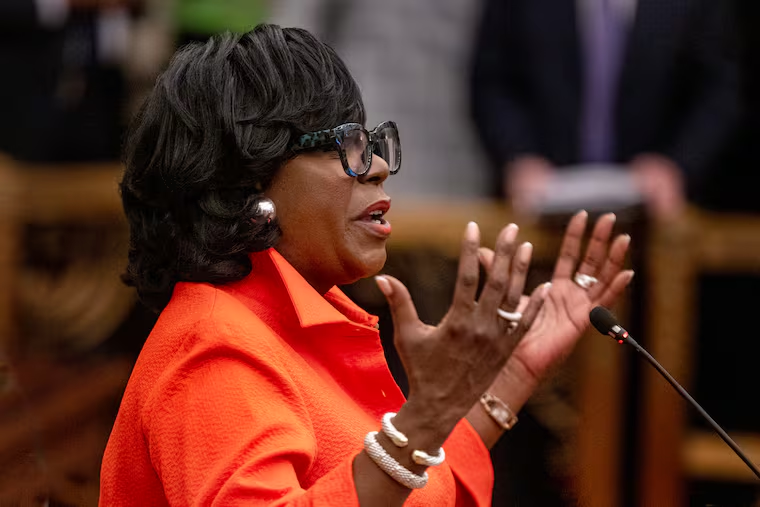Mayor Parker reaffirms commitment to using project labor agreements for city-funded projects.
On Tuesday, Mayor Cherelle L. Parker of Philadelphia enacted an executive order that requires city agencies to implement labor agreements before the selection of contractors for publicly funded projects. This move has been broadly supported by unions representing construction workers, who argue that Project Labor Agreements (PLAs) ensure fair labor standards and local hiring.
The executive order mandates that city agencies consider utilizing PLAs for taxpayer-funded initiatives. These agreements typically delineate wage standards, stipulate requirements for local hiring, and establish protocols for resolving future labor disputes. A significant aspect of PLAs is their ability to favor the employment of unionized labor, potentially limiting opportunities for nonunion contractors.
During the announcement of the executive order, Parker was joined by numerous labor union leaders, including Ryan Boyer, head of the Philadelphia Building Trades & Construction Council. Boyer is regarded as a crucial political ally for Parker, and the construction unions played a key role in bolstering her position during the competitive mayoral race in 2023. Parker emphasized that the new directive does not aim to exclude contractors who do not utilize union labor from the bidding process for city projects.
The executive order explicitly states that contractors are entitled to choose nonunion bidders, although the Pennsylvania Supreme Court had previously deemed a similar Project Labor Agreement with the Pennsylvania Department of Transportation to be in violation of competitive bidding laws.
PLAs have been a fixture in Philadelphia’s construction landscape for years, with this latest executive order reflecting a continuation of policies set by previous mayors, including Ed Rendell, Michael Nutter, and Jim Kenney. Parker’s order draws parallels to an initiative by Governor Josh Shapiro that encouraged state agencies to consider the adoption of PLAs. All four leaders share affiliations with the Democratic Party and maintain connections to organized labor.
While proponents of PLAs argue that they bolster labor standards and minimize disruptions arising from labor conflicts by providing early conflict resolution mechanisms, detractors contend that these agreements tend to marginalize nonunion labor and escalate project costs. David R. Osborne, senior director of labor policy at the Commonwealth Foundation, a conservative think tank in Harrisburg, expressed concern that the new executive order would inadvertently favor unions, suggesting that the agreements effectively set the stage for unionized control over major government contracts.
The debate surrounding Project Labor Agreements continues, reflecting broader discussions about labor practices, competitiveness in public contracting, and the influence of unions in urban policy. As Philadelphia moves forward with this initiative, the implications for local contractors and the city’s labor market will likely unfold in the coming months.
Media News Source







